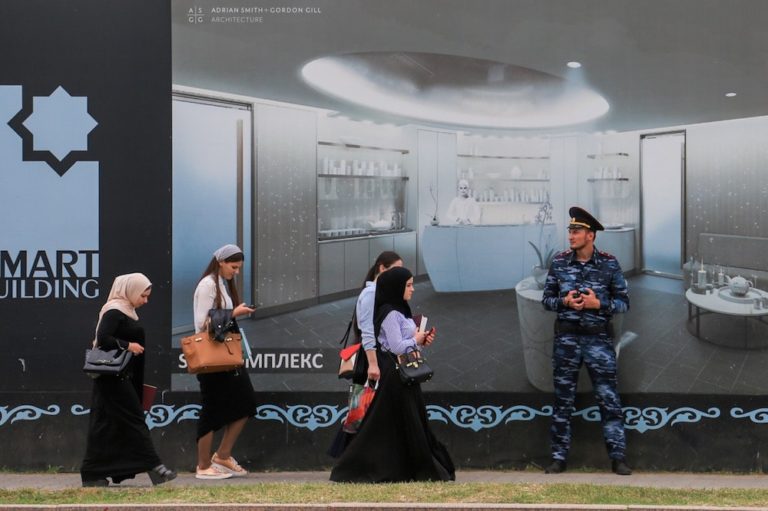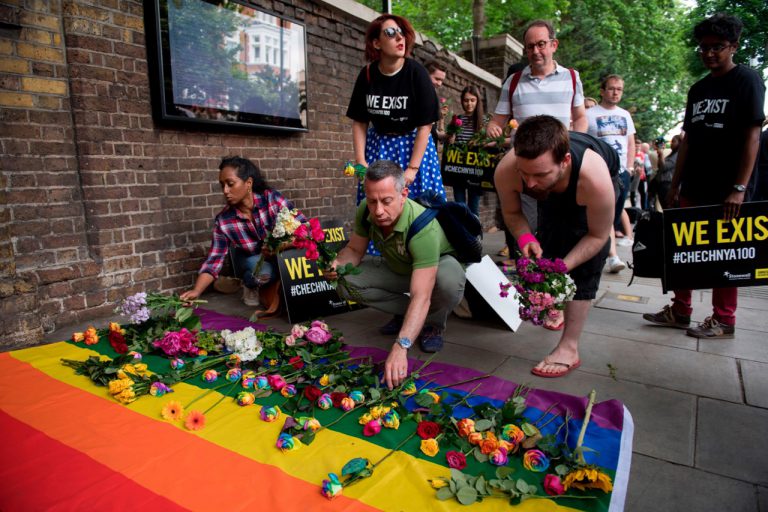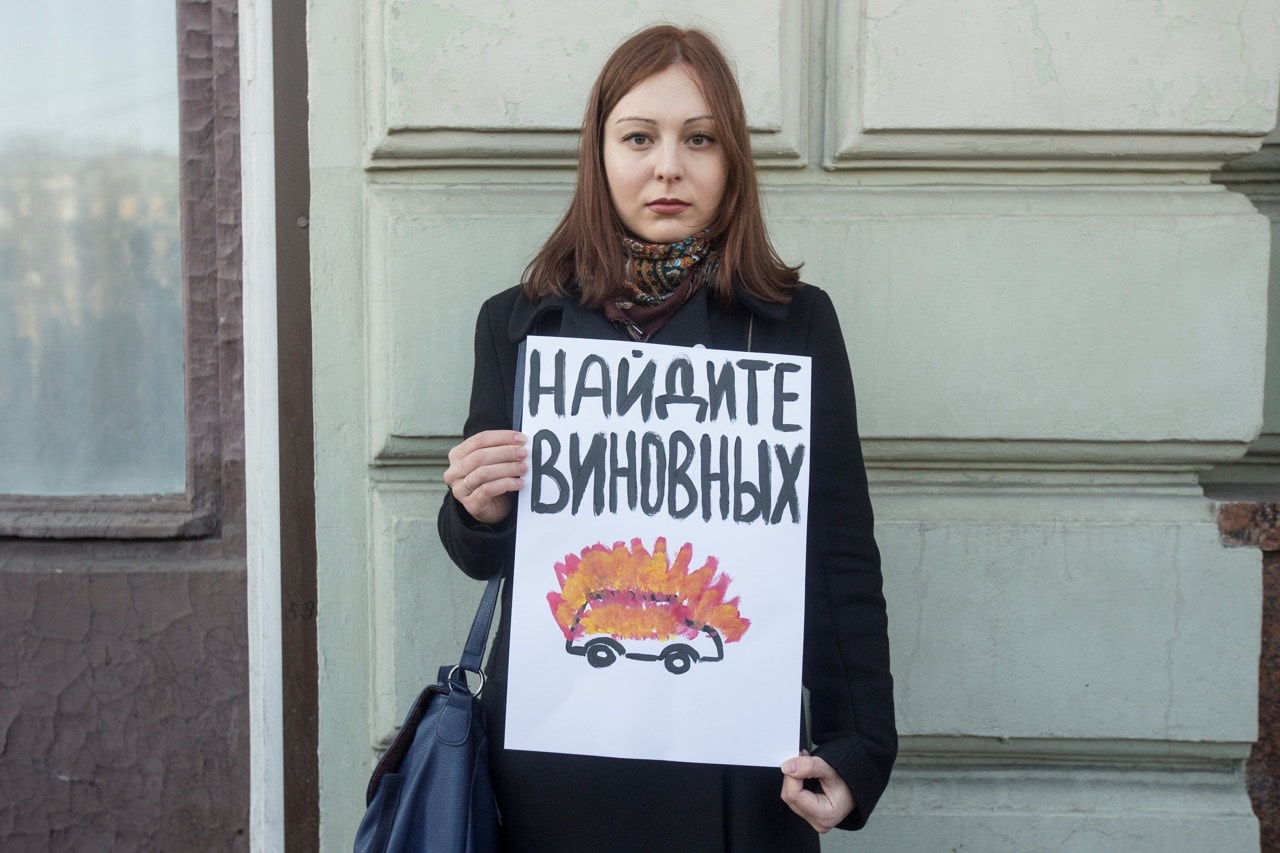(RSF/IFEX) – The following is a 12 April 2000 RSF press release: In an open letter to Council of Europe and European Union representatives, RSF draws attention to media coverage of the war in Chechnya In a letter to Brian Cowen, Chairperson of the Council of Europe’s Committee of Ministers, the international press freedom organisation […]
(RSF/IFEX) – The following is a 12 April 2000 RSF press release:
In an open letter to Council of Europe and European Union representatives, RSF draws attention to media coverage of the war in Chechnya
In a letter to Brian Cowen, Chairperson of the Council of Europe’s Committee of Ministers, the international press freedom organisation Reporters sans frontières (RSF) draws the attention of European leaders to media coverage of the conflict which is currently underway in Chechnya. “This region, considered one of the most dangerous in the world for journalists, is currently the site of terror behind closed doors, where a war is being wages without witnesses,” states Robert Ménard, the organisation’s secretary-general. RSF asks European leaders to “consider the media’s free access to Chechen territory, the end of pressures against the press and the fight against the kidnapping of journalists as necessary conditions towards the re-establishment of Russia’s status within the Council of Europe”. The organisation also wrote to Javier Solana, the European Union’s high representative for foreign affairs and security, to ask him to “take these demands into account before any normalisation of relations with Russia”.
“Whereas the Council of Europe’s Parliamentary Assembly has suspended the Russian delegation’s voting rights and urged the Committee of Ministers to suspend Russia because of human rights violations in Chechnya, RSF notes that the Russian authorities continue to claim that they are simply leading an “anti-terrorist operation” in the secessionist republic. “Access to this zone remains subject to the attribution of accreditation by the military, which is almost impossible to obtain”, explains RSF, adding that journalists, particularly foreign correspondents, are frequently accused of seeking to discredit the actions of Russian forces. “Some ten journalists have been detained for questioning by the secret services and removed from combat zones. Only visits organised by the army and images approved by the military authorities are authorised,” concludes the organisation.
The national press is also subject to multiple pressures and dissenting voices are not tolerated: “the best illustration of this is the lot of journalist Andrei Babitsky, a correspondent with the American radio station Radio Free Europe, in Russia”, the organisation believes, explaining that “after his arrest by the federal army and detention at a ‘filtration’ camp in Tchernokozovo, where he was mistreated and handed over to a pro-Russia Chechen militia, he owes his freedom solely to the strong international mobilisation in his favour. Currently under house arrest, Andrei Babitsky still faces two charges of ‘participation in an armed band’ and ‘use of a false passport’, and complains of being subjected to various pressures”.
Finally, the North Caucasus remains one of the most dangerous regions in the world for journalists. RSF notes that “no fewer than twelve reporters were killed between 1994 and 1996 while covering the first Chechen war. In December 1999, three Chechen cameramen were killed during federal army bombings, and since 1997, some twenty journalists have been kidnapped”. “Journalists are targeted in this business which does not speak its name”, suggests the organisation, further stating that it “still has no information about French photographer Brice Fleutiaux, who was kidnapped close to Grozny by one of the bands which is active in the region”, and who “is allegedly being held in the south of the republic at present, close to the Georgian border, where violent battles are taking place”. As for Vladimir Yatsina, a photographer with the Russian agency Itar Tass who has been held hostage since July 1999, “he was allegedly killed by his kidnappers on 20 February”.


